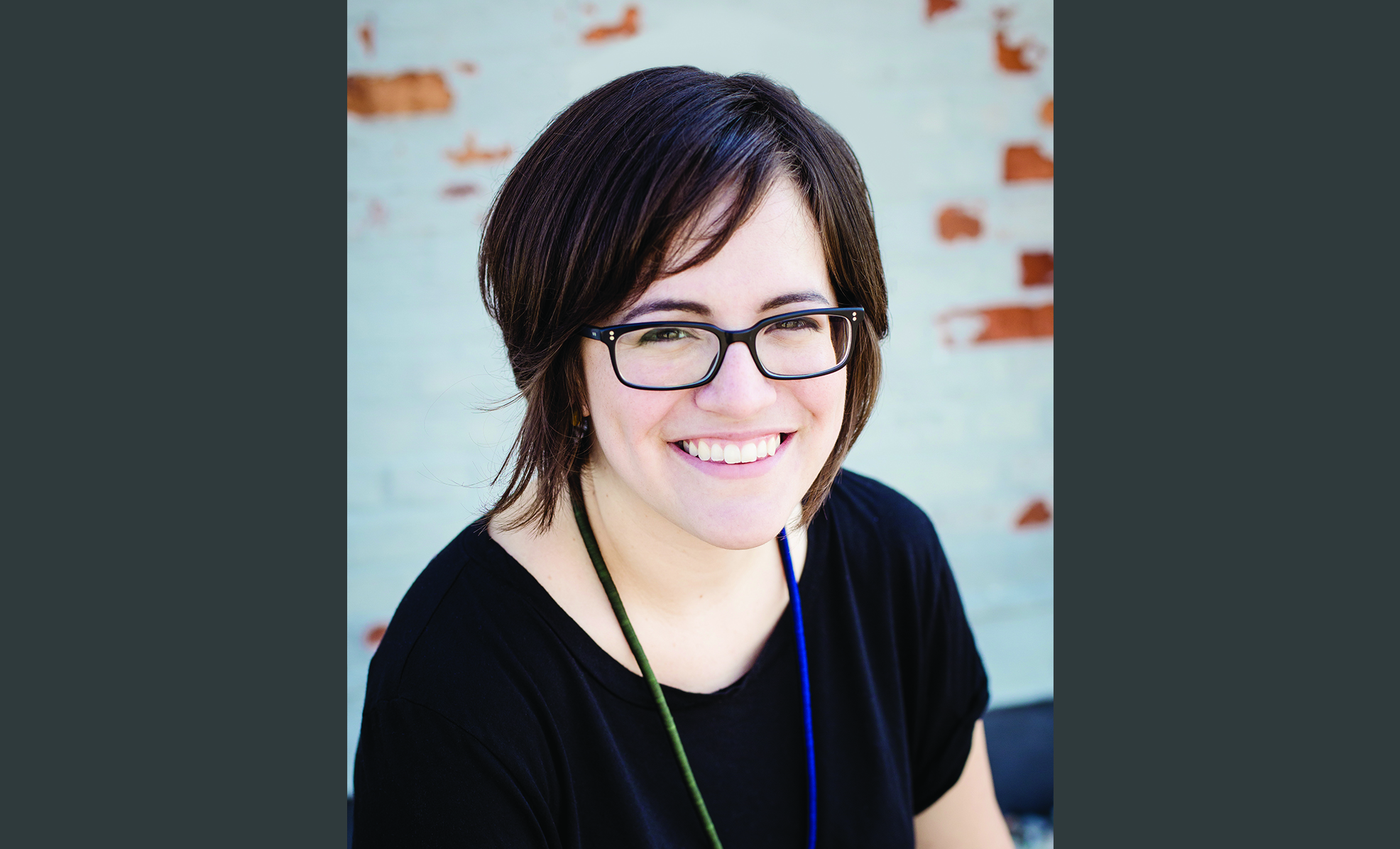Boston’s New “Arts Czar”
-
-
slice.mit.edu
Filed Under
Recommended

Start with the arts scene in Rhode Island, add some studies in English literature and human rights, season with architectural history, then add a generous helping of community involvement and development, and you have a recipe for Boston's new chief of arts and culture, Kara Elliott-Ortega MCP ’15.
The daughter of a Peruvian writer living in Providence, R.I., Elliott-Ortega spent a lot of time in community arts spaces and at the Rhode Island School of Design as a high school student. "I grew up with the arts and a lot of political art," she says. She studied English literature at the University of Chicago, but her minor in human rights proved to be more formative. Her fellowship at the Boggs Center to Nurture Community Leadership in Detroit, which was at the time deeply mired in a recession and unemployment, "was when I really put together city development, including the serious problems Detroit was facing, with opportunities for artists—which in some cases were aligned but often were in tension with a community's vision for its future," she says.
After a stint as media and communications editor for the Society of Architectural Historians, Elliott-Ortega came to MIT to earn her MCP degree and an urban design certificate. "I really loved my time at MIT," she says. "It was really fun for me because I got to be visual and creative, being around designers and architects and getting into arguments with them. It seemed like everyone came from amazing backgrounds and were collaborating with people outside the classroom."
At MIT, Elliott-Ortega worked with the Community Innovators Lab on a community ownership plan for Project Row Houses in Houston. For her thesis, she studied the impact of including urban designers in complex problem solving in the Rebuild by Design competition, which was launched by the Obama administration as a response to the devastation caused by Hurricane Sandy. On the side, she co-hosted a radio show, Megalopolis, on Boston’s WMBR, where she played music from a different American city each week—"kind of a nerdy planning/radio thing," she says.
Elliott-Ortega moved into her current cabinet-level role after almost three years as director of planning and policy for the Boston mayor's Office of Arts and Culture, where she helped produce Boston Creates, the city's first cultural plan. Her work today includes overseeing the city's Percent for Art program. Like similar programs at MIT and in other cities, it dedicates one percent of the budget for major construction projects to investments in public art. Another part of her portfolio is the Opportunity Fund, which makes grants of up to $1,000 to individual artists.
Elliott-Ortega hopes her efforts will help slow the squeeze on physical space for artists and cultural events. The city is in the midst of a commercial and residential building boom, "but we also need space for people to be loud and make a mess," she says. Another goal: fostering a greater appreciation of the city's artistic strengths. "There's this dominant narrative about Boston that focuses on the American Revolution and sports, but we need to encourage a much more diversified sense of what Boston culture is," she says.







